A. I started writing when I was about ten years old. Having been diagnosed with PDD, it really helped me deal with the disconnect between my thoughts and my emotions. I submitted my first poem to the school newspaper in fifth grade. The teacher running it came back to me and told me the content of the poem was too mature, and she didn't feel comfortable including it in the paper. Discouraged, I didn't write for about a year. I took it up again with the writing of "VOID," which is my oldest poem and appears in my first book. I still have the original copy around here... somewhere.
Q. Do you consider yourself a poet first?
A. I consider myself an artist first. Before I started writing, I used to take private art classes, where I learned how to sketch and paint, which I still do. Eventually I moved onto writing poetry, then short stories and novellas, then photography, then acting and performance. I even used to make short movies as a kid. Now I'm starting to get into sound art and music. Writing, for me, is expression, and I think anyone who expresses themselves creativity should never limit themselves as to how they express. I think certain things can be expressed with music that can't be expressed with painting, just like some things can be expressed in a photograph but not in a poem. In that regard, I don't want to limit myself to one form of expression. For me, I am always looking for new ways to create.
Q. What do you think is the main function of the poet?
A. Poets have been given a unique gift in that, as Sartre said, they use words like a painter uses colors. The thing with words though is that they are always inherently endowed with language. The poet is a master of understanding; he or she can use language in such a way that it allows others to see for themselves things they wouldn't otherwise see. They can gift others with an experience they may not be able to experience themselves. Language is universal, personal, intimate, and is, in my opinion, the most efficient way of teaching understanding. Poetry, particularly, can be so abstract, so completely divorced from the rules of language, (but still inescapably linguistic,) that in the act of hearing or reading another's poem, it instantly becomes our own. The poet, than, gives others what they already have. The poet helps us understand.
Q. How do you think a poet's job has changed for better or worse in recent times?
A. Poetry was originally used as a way of educating people, of uniting the masses, of preserving history, culture, folklore, and spirituality. Eventually it became something reserved for the educated elite, highly structured and rife with popular themes, often shared among aristocrats and scholars at fancy dinners in political circles. But it progressed further as general populations became more educated, eventually being perceived as something that could be undertaken by anyone with a decent understanding of the English language, feeding it mediocrity. The truly talented poets were driven underground. Now, in recent times, with the influence of spoken word and hip-hop, poetry remains largely underground, but has become more socially and politically influential, with themes that reflect changing times and often represent critiques of culture, history, society, and religiosity. Honestly, I think poetry is changing for the better, in that it has the power now to be incredibly influential in shaping humanity, society, morality, and politics. I think poets, performers, and artists need to be the ones to stand at the forefront of social change and the progression of the human mind and heart. It is time to take the messages out of our work and to make them a reality.
Q. What were you really trying to do with this book of yours?
A. "Death By Active Movement" is a kind of precursor to the novel I'm currently working on, which should be out sometime in 2014, in that they share similar themes. In putting together a collection of poems that explore the relationship between life and death, I hope to create an educational tool that teaches people to not be afraid of their mortality and to realize that the beauty in life is that it is fleeting. It is a work of empowerment, using a unique message to teach appreciation, understanding, and respect. I want people to read through DBAM and look at their own life in a whole new light. Every moment is an opportunity for infinite possibilities. Life and death are one-in-the-same; their relationship is one of love.
Q. What do you think makes a writer different from a regular person?
A. Writers are sort of like converters, in that they transform the experiences in life into words, sentences, narratives, stories. I think every poet is a writer, but not every writer is a poet. Writers take moments and capture them in cages of syntax, bottle them up so that others may use them, appreciate them, cherish them. They make memories tangible. This desire to record, to tell, to preserve, is something that cannot be helped. We writers instantly feel this urge to hold an idea, an image, a belief, to cradle it, nurture it, swathe, spoon feed, and clothe it, so that others may enjoy it, may revel in it as we have. This desire is unique and manifests itself in different ways - Journalism, essays, satire, memoirs, romance, mystery, drama, and so on. Writers are inherently responsible for the preservation of all human knowledge, of the human experience, the human spirit. Every great religion has a scripture, right?
Q. What are your writing goals for the future?
A. I have published widely in poetry, but am making the transition now to get more short stories and novellas published, eventually moving toward novels. I want to continue to push myself, to try new styles of writing, to take on new projects, and try new ways of expression. I may soon be recording a special addition CD to be bundled with select copies of DBAM. I have mostly been active on the Long Island poetry scene, but I want to start performing more in Manhattan and even traveling elsewhere if possible. I'm also interested in being a part of a larger initiative, a kind of organization that advocates for expressive individuals (musicians, artists, performers, writers, etc.) and represents them in the international, societal, and political arenas. This is something I have been discussing with colleagues and goes back to the idea of artists as having the potential to be incredibly influential in the areas of human progress and social change. Above all, I will continue to create and challenge myself.
Q. Do you have any advice for aspiring writers?
A. Welcome criticism. Don't be afraid to throw yourself on the chopping block. Go outside of your comfort zone. Take risks. Expose yourself and your work to as many people as you can. Critique others and learn from them. Never stop learning. Don't emulate - See how others are doing or have done what you want to do and create your own style. Brand yourself and market yourself. Create a persona that people remember. Don't stagnate; pursue different ways of expressing yourself. Take opportunities seriously. Associate with authentic people and create sincere, lasting relationships. Strive for goodness, positivity, peace, truth, kindness, compassion, love, and beauty. Learn to love yourself first. Look for the beauty in things. But above all, keep writing. Never stop writing.
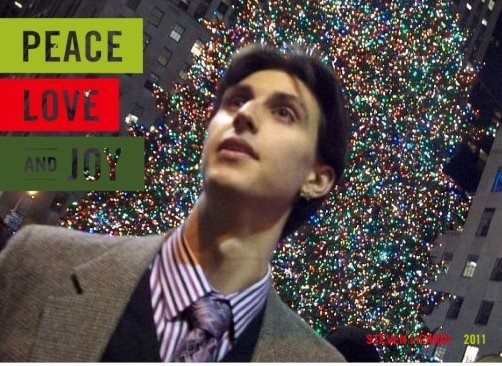
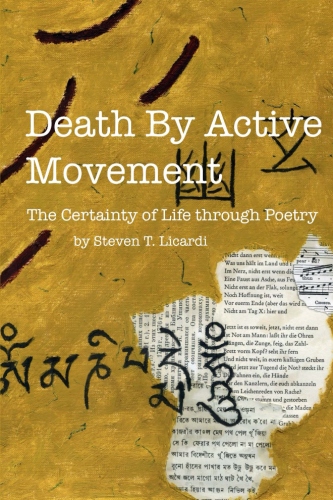
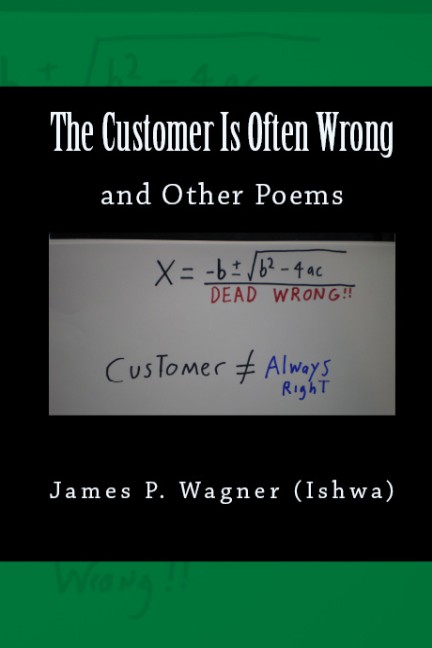
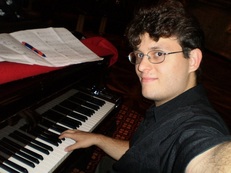
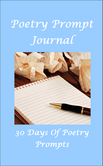
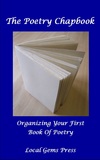
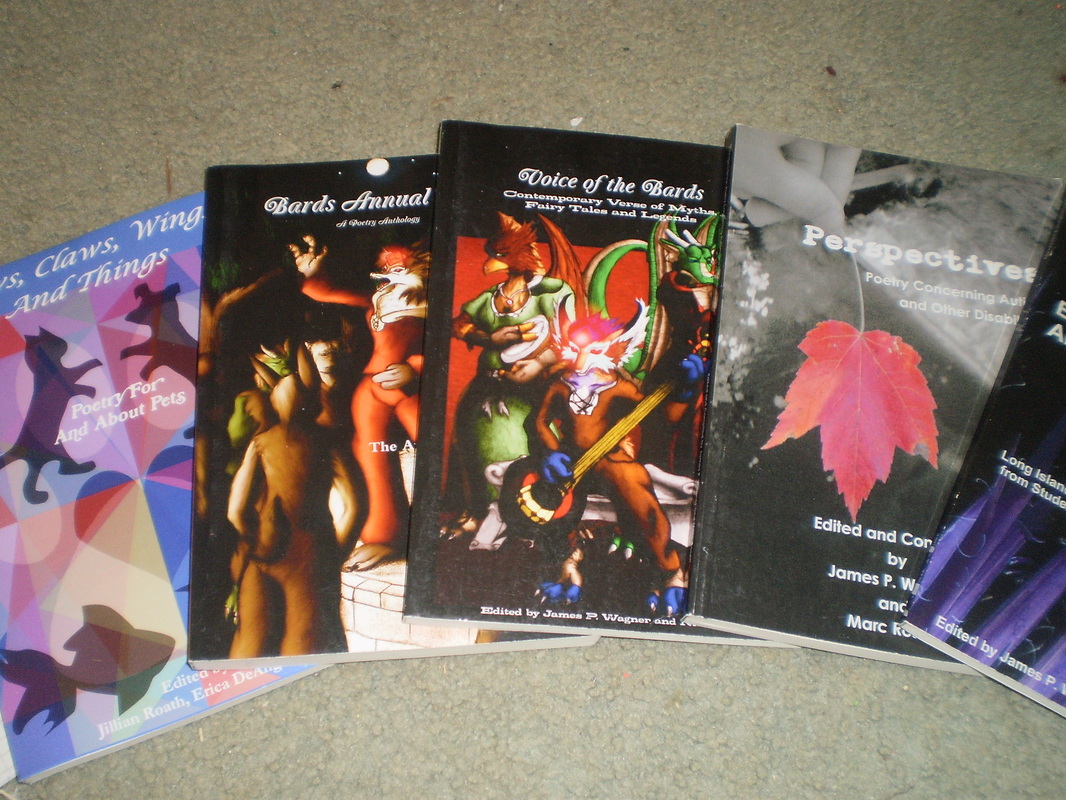
 RSS Feed
RSS Feed